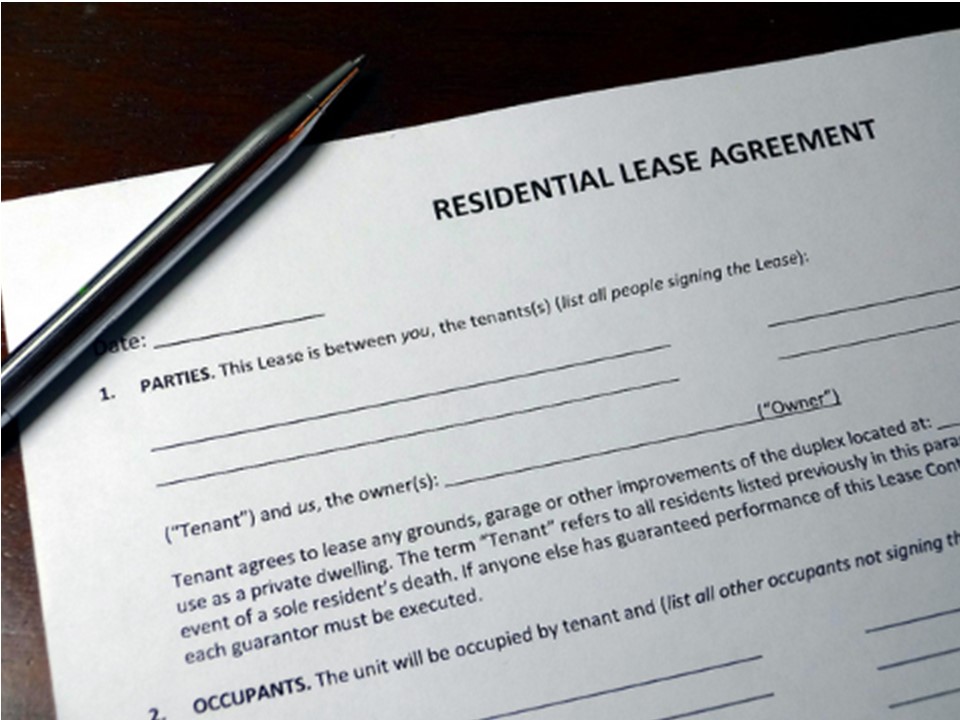Two focuses of my blog are Financial Literacy/Money and Business/Entrepreneurship. There are different types of real estate investments and one class is group investments. There are certain dos and don’ts to participating in these. The following contributed post is entitled, How To Kick Off A Group Real Estate Investment With Your Investors.
* * *

Real estate investing is one of the oldest and most reliable ways to generate passive income. While it can be intimidating to get started, forming a real estate investment group with multiple investors can help you manage risk and diversify your investments. In this article, we’ll walk you through how to kick off a successful group real estate investment with your investors. Let’s dive in!
Create an LLC
The first step in launching any real estate investment is creating an LLC (Limited Liability Company) for your business. This will protect both you and your investors from potential legal issues. While you can certainly do this yourself, it’s often more cost-effective to hire an experienced lawyer to ensure that your LLC is fully compliant with all applicable laws and regulations. Make sure to include a personalized operating agreement in your LLC, as this will outline the responsibilities and rights of each member of the investment group.
Develop a Strategy
Next, you’ll need to develop a comprehensive investment strategy for your group. This should consider both short-term returns on investments (ROI) as well as long-term goals like appreciation and cash flow. Your strategy should take into account factors such as market trends, financing options, and tax implications. A good investment strategy also needs to factor in exit strategies — what happens if someone wants out or wants their money back?

Find Opportunities
Now that you have your LLC and strategy in place, it’s time to start sourcing deals. This can be a daunting task for first-time investors, so consider hiring an experienced real estate agent to help you find the best possible opportunities. Make sure to do your due diligence on any potential deals before investing — research the local market, review comparable sales data, assess rental rates, and read up on current zoning regulations.
Close the Deal
Once you’ve identified a few promising prospects, it’s time to get down to business. Before making any investments, make sure all members of the group are aware of what they’re signing up for by having them sign off on all relevant documents. Rule 506(b) of the Securities and Exchange Commission (SEC) requires all members of an investment group to be accredited investors. This means they must meet certain income or financial requirements set by the SEC. You’ll also need to decide how cash will be managed — what percentage of profits each investor will receive, how funds will be allocated to different projects, and who is responsible for day-to-day operations. Working with a specialist legal professional, like Koo and Sobotta Lawyers, helps make this process easier.
Manage the Investment
Finally, you’ll need to manage your investments on an ongoing basis. This includes regular review of financial statements, tracking rental income, and monitoring market trends. It’s also important to stay abreast of any changes in local laws or regulations that could impact your investments. With a bit of diligence and some sound advice from experienced professionals, you can ensure that your group’s real estate investment remains profitable over the long term.
There You Go
By following these steps, you can kick off a successful group real estate investment with your investors. With careful planning and strong rapport among members of the investment group, you can help ensure that your investments yield profitable returns.





